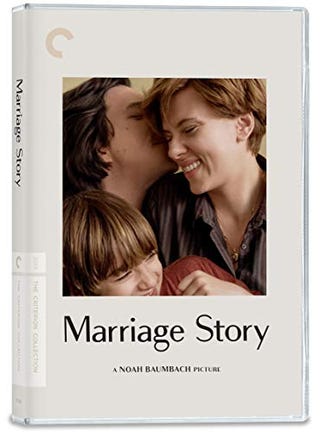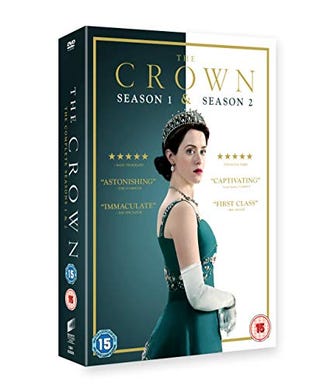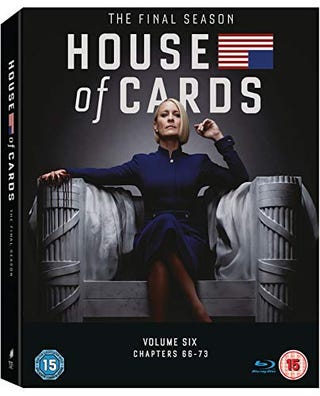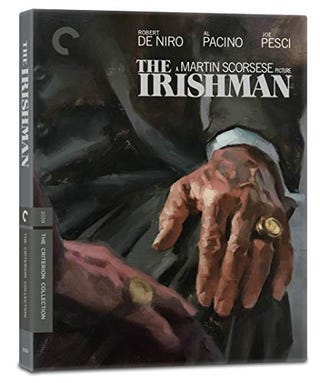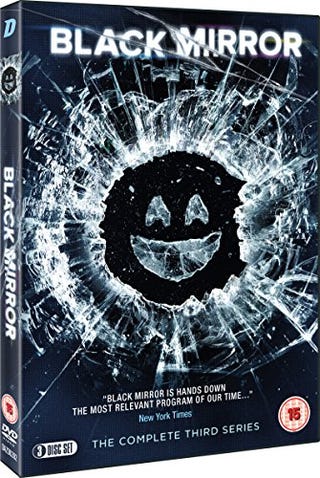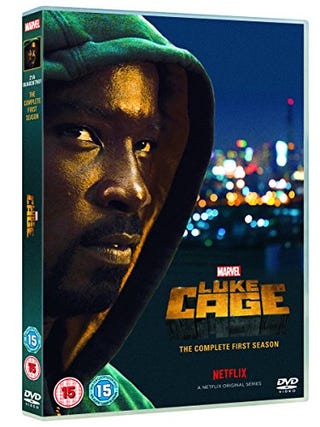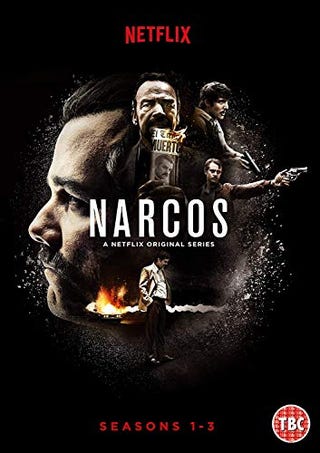Glass Onion: A Knives Out Mystery sees Daniel Craig return as detective extraordinaire Benoit Blanc, this time solving a death on the luscious private island of wealthy tech entrepreneur Miles Bron (Edward Norton).
It features another A-list ensemble cast, all in archetypal roles that fill out this whodunnit with a contemporary sensibility and modern satirical lens.
We have Birdie (Kate Hudson), the former model turned fashion designer who seems to have no clue that her Tweets are going to be her downfall while her assistant Peg (Jessica Henwick, Matrix: Resurrections) tries desperately to keep her on track.
There's men's rights activist and Twitch streamer Duke (Dave Bautista, Guardians of the Galaxy) and his bombshell "bimbo" girlfriend Whiskey (Madelyn Cline).
Kathryn Hahn (WandaVision) plays Democratic senator Claire, with Leslie Odom Jr as Bron's resident super-cool scientist Lionel. Then there's Janelle Monáe's Andi, Bron's former business partner, from whom Miles seemingly stole their company.
We already know someone turns up dead — but the who, the how, and the whodunnit will all remain a mystery within this review (ie. there are no spoilers). It is this element that draws you in, and while much of the viewing time is spent trying to work out the answers, there is no shortage of interesting character work to also entertain you.
In fact, that might be Glass Onion's biggest strength. Much like its predecessor, Knives Out, the rich tableau of, well, rich people is actually the thing that is more exciting to watch.
There has been no shortage recently of shows and films that poke fun at the uber-rich to the delight (not to mention the schadenfreude) of audiences. Glass Onion is no different, though its criticisms of the out-of-touch wealthy elite are less about the macro and more about the micro: each individual person represents, in their own way, the benefits of capitalism, and the pitfalls.
The first Knives Out used the Drysdale family's response to one immigrant (Ana De Armas' Marta) to highlight the broader way in which different veins of political society respond to immigration as a whole. In Glass Onion, the criticisms of extreme wealth and vanity are aimed squarely at the individual instead – those individuals are archetypes in the real world, not just within the whodunnit.
Some might find this frustrating — there is no call to arms against big tech or the billionaires that run it (or run it into the ground *gestures vaguely at Twitter*) but through the lens of this microcosmic satire, we can easily see the world at large. Its subtlety makes it work and not feel didactic.
Money corrupts, and a lot of money not only corrupts a lot but insulates one from the repercussions of that corruption. What gives Glass Onion its uniqueness and its entertainment value is the means by which this is explored.
The film wouldn't work if it weren't for the ensemble, each a piece of a mosaic without whom the whole picture would fall apart. They surprise, frustrate, and delight us in so many ways as the story is told that solving the mystery is second to the sheer fun of watching these absurd people do absurd things.
Of course, the whodunnit is still the genre, and while genre can be simply a construct for marketing purposes, in the case of Glass Onion, it is a clever framework through which Johnson creates a tableau of interestingness. When you do finally get the answers to the questions that are the foundation stones of the story, upon which everything else is built, they make sense.
Wanting to see where Benoit goes next is a natural feeling at the end of the film, but it still offers a conclusion that will leave you feeling satisfied. There isn't sequel fatigue just yet, and as long as Johnson continues to imagine contemporary (and of course, entertaining) touchstones he can tease apart through Benoit's keen eye, we're along for the ride.
Glass Onion: A Knives Out Mystery is now available to watch on Netflix.








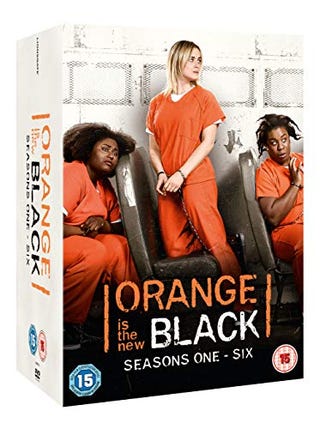
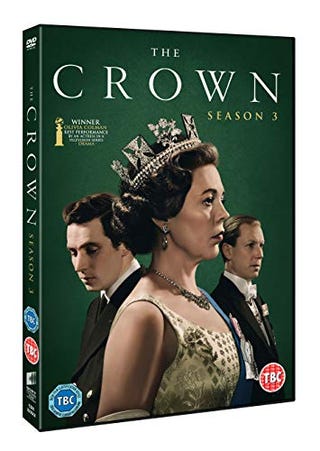
![Star Trek Discovery Season 2 [DVD] [2019] Star Trek Discovery Season 2 [DVD] [2019]](https://hips.hearstapps.com/vader-prod.s3.amazonaws.com/1600241843-51s-JjQrHaL.jpg?crop=1xw:1xh;center,top&resize=320%3A%2A)

